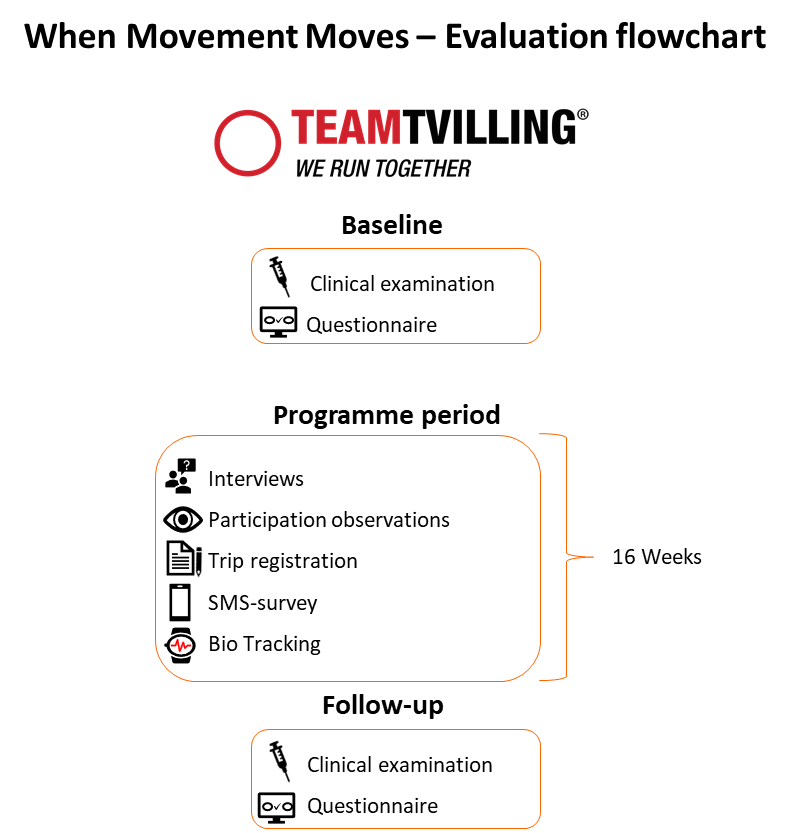Individuals with functional disabilities often face multiple personal and environmental barriers reducing their ability to engage and participate in physical and social activities. 10% of the Danish population report 10% of the Danish population report a severe physical disability to have a severe physical disability. Increasing levels of disability correlate with lower levels of physical activity and increase the prevalence of chronic and cardiovascular diseases, resulting in premature death. It is well documented that physical activity is beneficial regarding health-related issues. On top of the well known physiological benefits of PA, disabled persons participating in adapted sports experience an increase in mental and social health factors, e.g., decreased feelings of loneliness, increased feelings of self-efficacy, autonomy and well-being, and improved quality of life. Despite the existence of pilot studies, little is known about the physical, mental and social health benefits of participation in indirect PA in a social context. The potential health-related benefits will be investigated and evaluated in the Team Twin sport and inclusion programme.
Purpose
The overall aim of When Movement Moves project is to investigate and evaluate how participation in the pre-existing programmes, Team Twin, influences quality of life as well as physical, social, and mental health among the participants and the persons affiliated with the programmes.
Method
When Movement Moves is a multi-method 12–16-week pre/post evaluation with quality of life, physical, mental and social health as main outcomes. Pre/post measurements consist of questionnaires and clinical examinations. Throughout, interviews and participant observations will be conducted. A bio tracking device will track sleep patterns and the intensity of the programme activities. Text messages will be sent to the participants to rate their sleep quality and duration during the programme. A flowchart of the programme period and data collection is illustrated below.

Period of project
2021 - 2023
Collaborations and funding provider
Bevica and Helsefonden
Centre for Physical Activity Research, Rigshospitalet.